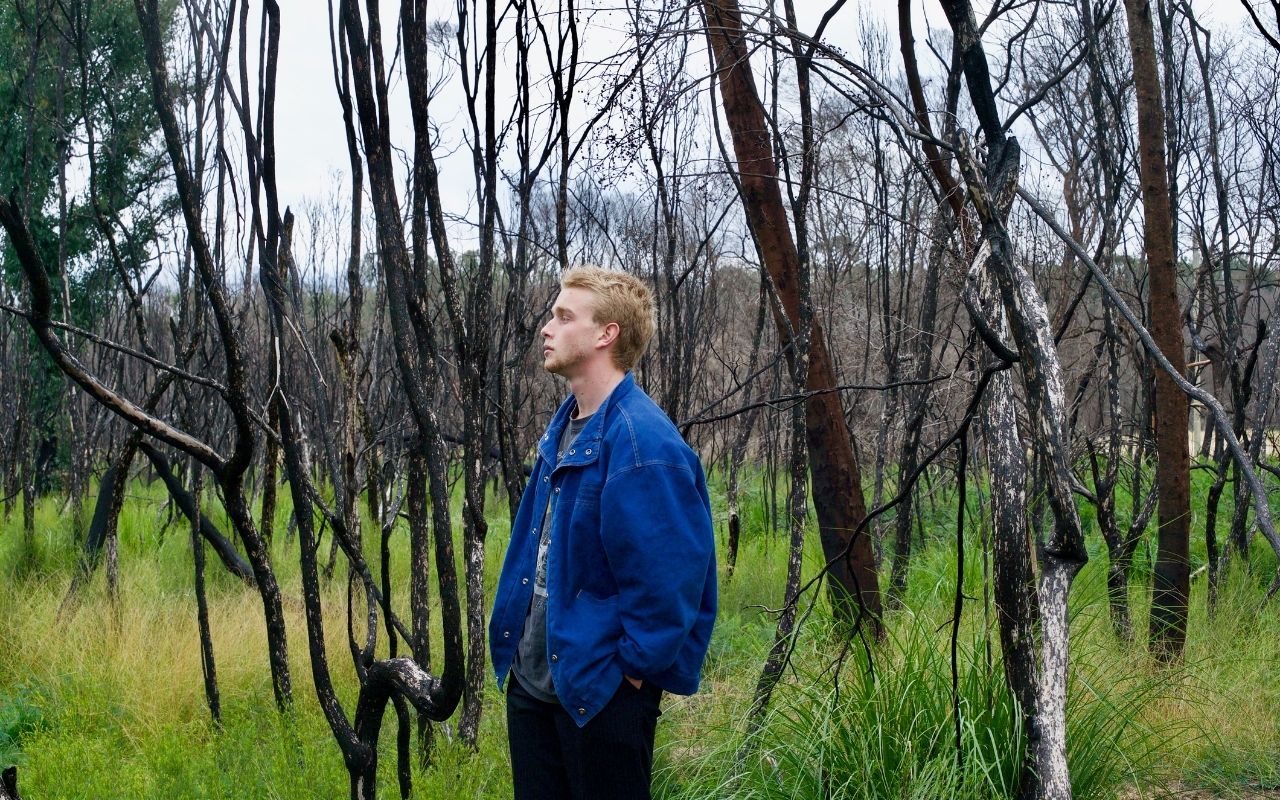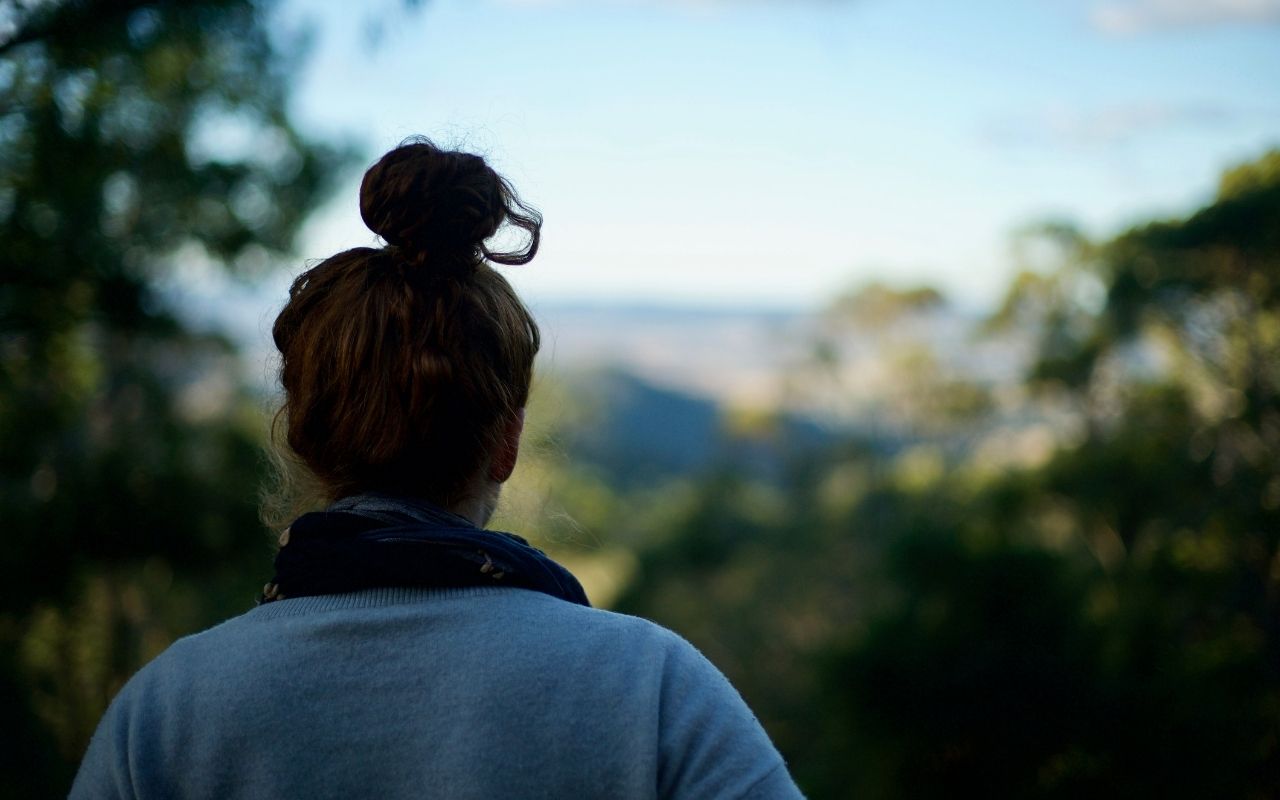The timing and durations of bushfire danger seasons vary across different regions in Australia. The threat of bushfires can directly affect people living in high-risk areas. It’s also normal to have reactions if you live further away and are indirectly affected (e.g. by media exposure or hearing from others).
Taking positive action and anticipating your emotional reactions during the bushfire season can be helpful for your wellbeing during and after this time.
Download our fact sheet on maintaining a healthy headspace during the bushfire season
(PDF 552 kb)
Be aware of your possible emotional reactions to the bushfire season
People respond in very different ways to the bushfire season and it can be a tough time. Remember that being aware of your current and anticipated emotional reactions can be helpful. Also remember that there is no ‘right’ response and reactions can change over time. Some may not feel impacted by the bushfire season and that’s OK, too.
Some young people may even feel overlooked during these times because the bushfire response (e.g. warnings and other communication, support and assistance) is usually directed at adults.
You might feel high levels of stress and intense emotions. This can include experiencing different emotions at the same time or within a short space of time. Some might feel distressed by the direct threat of the fires during the bushfire season. Others might feel distressed because of the reminders this time can bring, or because they are indirectly exposed (e.g. by media or hearing others talk about it).
The current bushfire season can be a trigger for remembering previous bushfire experiences. Smells, sounds, images, or anniversaries can bring up feelings or sensations that are connected to past experiences. These responses can be overwhelming or confusing and make it difficult to focus on what is happening now.
People who are directly or indirectly affected by the bushfire season might experience disruptions in different areas of their lives. This can include disruptions to school, university, TAFE, work, or relationships. It can also impact on daily activities, diet, sleep or the ability to relax.
You might experience anxiety and worry for the safety of themselves and others. This can include feeling powerless, helpless, or unsure of what to do next.
You might prefer not to think about the bushfires or memories of previous bushfires. This might feel helpful, but thoughts and feelings that are pushed away can catch us by surprise later on.
You might experience shock in the first few days after being directly or indirectly affected by a bushfire. You might also find bushfires difficult to understand, because the damage seems unfair. This can make some people feel helpless, sad, frustrated, angry and confused.
Other tips to maintain a healthy headspace during the bushfire season
Talking to a trusted other, such as a parent, friend, teacher, Elder, or school counsellor about any concerns and feelings you are having can be helpful. Talking to your family is also a good opportunity to ask questions you might have about your family’s plans in an emergency.
If you feel able to, you might want to get involved in preparation activities. Talking to your parents and family members about what steps you can take to prepare for an emergency can help you feel calmer and more in control. It’s important to focus on one step at a time. This could include packing an emergency kit or helping your parents prepare the house. Talking to your family about what to do if you are separated during an emergency can also help you feel prepared.
Keeping in contact with friends, family, and neighbours, especially during days with a high risk for bushfires, can help you feel connected. You might feel like participating in community activities - even those that are not about the bushfires. Getting connected with people who are reassuring and comforting, and who allow you to be yourself can help you get through tough times.
Some people might want to practice techniques to help them feel calm. This can include breathing exercises. Find a quiet place, close your eyes and slow your breathing. Try to focus your attention on your breath. It can help to count your breaths as you go (e.g. ‘one’ for every inhale and ‘two’ for every exhale). You might also want to use apps or websites that help with regulating your breath. Check out this mindfulness interactive activity for ideas.
Although many people want to keep up-to-date with what’s happening, being around too much bushfire news can feel overwhelming. If you notice that the news is making you feel anxious or stressed, take a break from these media if it is safe to do so (e.g. set yourself limits for media use, manage your app notifications, or unfollow pages or accounts that make you feel uncomfortable).
During the bushfire season, your parents and other family members may be busier than before and you might spend more time looking after others. This can include siblings or other family members and people you care about. Some young people might feel responsible for others’ wellbeing. You can help others by being calm and listening to their worries. You can link younger family members with an adult or a service who can help them.
Some young people may also feel overwhelmed or guilty if they feel they can’t meet the needs of others. It’s important to look after your own wellbeing and to talk to other family members about how you’re feeling.
Remind yourself of the steps your community has taken to prepare for the bushfire season or to recover from it. Thinking of how your community has successfully dealt with difficult situations in the past can help you feel optimistic. Some people might like to explore ways of getting involved with bushfire preparedness or the repair and recovery of their community. This can help give a sense of hope. It’s also OK if you don’t feel ready for that.
While it’s important to be prepared for an emergency, it’s also important to look after your headspace by doing things that create good feelings. If there is no immediate danger, this can include making plans, seeing friends, engaging in hobbies, or relaxing.
Alcohol and other drugs can mask your feelings for a while, but sometimes they make your feelings stronger so that you’re less able to manage your health and wellbeing. Check out how limiting alcohol and other drugs can help your headspace.
Alongside these tips, our tips for a healthy headspace can support you to live your life in a positive and meaningful way. Also check out our tips on how to handle tough times.
When should I get help?
It's normal for you to experience a variety of reactions to the bushfire season. This does not mean you will have ongoing problems. For some people, using these tips will be enough to manage the social and emotional impact that can come during bushfire season. If you’re noticing a significant impact on social or emotional functioning, or you’re not finding any improvement, it’s important to get professional help.
For immediate help contact triple zero (000) if it is an emergency
National 24/7 crisis services
Lifeline: 13 43 57 (13 HELP) or lifeline.org.au
Suicide Call Back Service: 1300 659 467 or suicidecallbackservice.org.au
beyondblue: 1300 224 636 or beyondblue.org.au
Additional youth support services
headspace: find your nearest centre or contact eheadspace
Kids Helpline: 1800 55 1800 or kidshelpline.com.au
ReachOut: reachout.com
SANE Australia: 1800 187 263 or sane.org
Speak to your local doctor or General Practitioner (GP) and help make a plan for your recovery. Or you can search for a health service and GP on Head to Health.
The headspace Clinical Reference Group oversee and approve clinical resources made available on this website.
Last reviewed 16 November 2020
Get professional support
If you feel you need help there are a range of ways we can support you.


